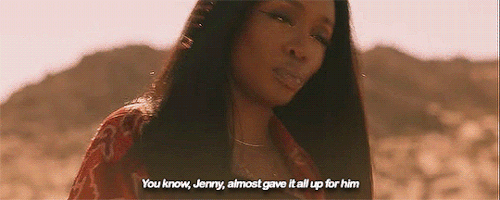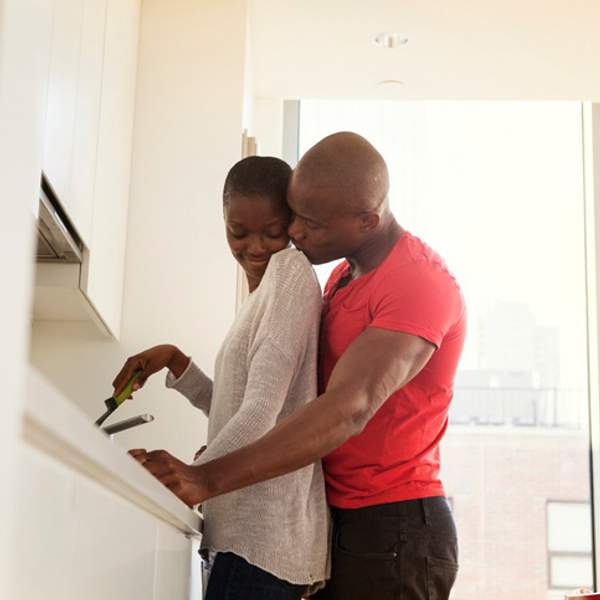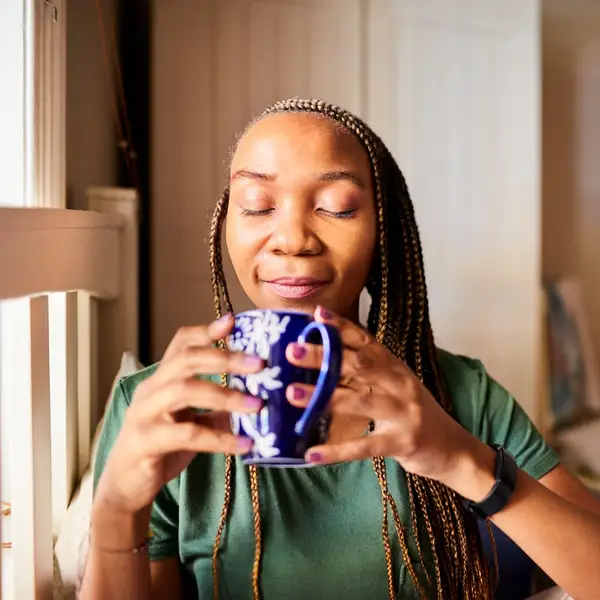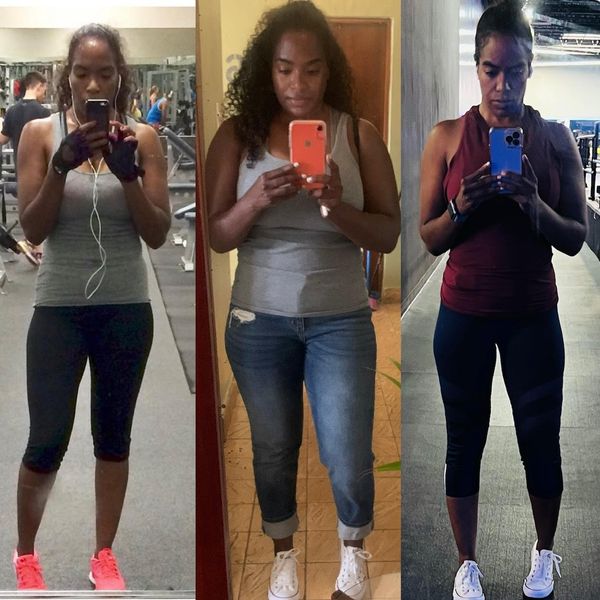You know what? I come to you today not as a professional in relationships but as an extraordinary single woman with a huge celebrity crush on SZA and a mid-twenties dating experience. I was quite happy to see the discussion following a video posted on my mothership's Instagram where the R&B superstar was seen commenting on relationships, expectations, and entitlement.
She shared in this dated video that if she doesn't hear from a man that she is seeing for days, she chooses to put her ego aside and focus on his positive attributes as she waits for a response:
"If someone doesn't text me back in like a day and a half. Like if I don't hear from a dude that I've been talking to consistently in like two days, the normal ego-based me would be like, 'What are you doing? You don't care about me. Like, you don't think this is rude?' But it's like, no, I think this is rude. I miss him. I want to be talked to. But does this change the fact - what do I know of him? He's expressed the fact that he likes me, he's expressed he thinks I'm beautiful, he's expressed he's thinking of me. What else do I know about him? He's ambitious and work-oriented...
"Chances are, he's probably just busy or has a lot on his mind, wait a couple of days. Then he ends up hitting you anyway later on. But the entitlement of feeling like, 'This n*gga got 15 minutes...' Things like that, that's what kills relationships or what kills your joy in life because you're expecting too much."
Admittedly, at first, I was shocked to see my melanin queen speak such words, but that changed to gratitude when I realized I was watching a woman who inspires me so much be open-minded and open-hearted enough to share her experiences of her love life at the time. That is what makes her songs "Drew Barrymore" and "The Weekend" so relatable because, at one point or another, even if only in our heads, we have all been that girl that thought less of ourselves and therefore settled for less. The video itself seemed to be a testament to how much SZA has grown into the goddess that we see today, and it made me proud to see the same girl in the video who is confusing having standards with entitlement now singing, "I left a n*gga on read cuz' I felt like it."
If she likes it, I love it. Personally however, I am a woman that gets off on daily communication with someone I am dating so, following the virality of the conversation, I like many women were left questioning if our expectations in dating are too high? I even asked myself if the fact that I had dating standards meant that I was entitled.
Ultimately, I decided the answer to those questions is a resounding hell no. We are more than entitled to our own individual standards. In fact, that's the point of having standards. We live in a world where you can literally send voice messages when you don't have time to hold a conversation and if a man thinks I'm going to take him seriously communicating with me like it's 2005 on AIM chat messenger waiting for him to come home and log in for days, he got me f*cked up!
I haven't always been this sure about myself though, and sometimes I still have my moments of self-doubt. If you are unsure if your standards are too high, try pondering these questions:
What is it that you truly want to find in a relationship at this very moment?

This is crucial because sometimes we catch ourselves in a season when our bodies are screaming for some d*ck, while our heart wants us to be cuddled at night, and our minds know we still have some healing to do. The clearer you are about what type of relationship you want to enter into your life, the easier it is to manifest and to look across the table at that fine, educated, and charming young man to size him up and put him through the vetting process.
Most importantly, the more you know what you really want out of a relationship, the easier it is to communicate them as your expectations early on and a man can either meet them or be weeded out if he doesn't.
You are not entitled to every man treating you the way you desire to be treated, but you are entitled to date until you find one who does.
What truly scares you about asking for/expressing your expectations?

I ask this because I have more often than not been that girl that would play nice, be easy-going, and sell myself short in situations in an attempt to not be difficult because I was so afraid of rejection and abandonment. Thinking that my desires to be treated with high regards would send a man running for the hills, I'd become the 'homie lover friend' before I expressed my desire to be treated like the queen that I am. It all stems from the lack of confidence that I struggle with. Figure out your fears around expressing your desires and work on strengthening yourself by understanding you are worthy of the same love you try to give to everyone else.
What are you undervaluing about him and overvaluing about yourself?

I believe when you start listing the great qualities in a man as if he is the latest model of a vacuum cleaner, it's not even about him, it's about you bargaining with that gut feeling you are having, which is: "I desire more than he has shown me he is willing to give at this point, and this is unhealthy."
You don't have to settle for less than you deserve, no matter how fine and driven he is, there is a lil' baby out there that is going to listen, boo! His potential to be great does not outweigh your right to have your greatness valued and appreciated.
You are the prize.
Do you believe that a man whose love you don’t have to hustle for exists?

One of my favorite writers (who is also a contributor for this site) Shellie R. Warren recently made a point that "an unsure man is a dangerous man" and I think an uncertain woman is a danger to herself because if you do not stand for something, you will fall for anything. If you do not believe you are worthy of a love that will not have you tossing and turning at night with your cell phone by your pillowcase, or typing up long ass paragraphs, deleting them, and then typing them again, that's the biggest issue of them all that will lead you to struggle love.
There is too much love out here to be settling for knock-offs.
Let this be the last year that you wonder if you are good enough or asking too much from a man, and instead, focus on if he is good enough and doing enough to deserve the love you have to give.
xoNecole is always looking for new voices and empowering stories to add to our platform. If you have an interesting story or personal essay that you'd love to share, we'd love to hear from you. Contact us at submissions@xonecole.com
Featured image by Getty Images
- The 5 Traits Of The High Value Woman That Drive The Fellas Wild ... ›
- What Do You Bring To The Table? - Perfect Response - xoNecole ... ›
- Why Are Women Accepting Bare Minimum As Bae-Material ... ›
- What To Do When Left On Read - xoNecole: Women's Interest, Love, Wellness, Beauty ›
- What To Say To What Do You Bring To The Table - xoNecole: Women's Interest, Love, Wellness, Beauty ›
- 12 'Short' Men Told Me Why You're Totally Missing Out - xoNecole: Lifestyle, Culture, Love, Wellness ›



























